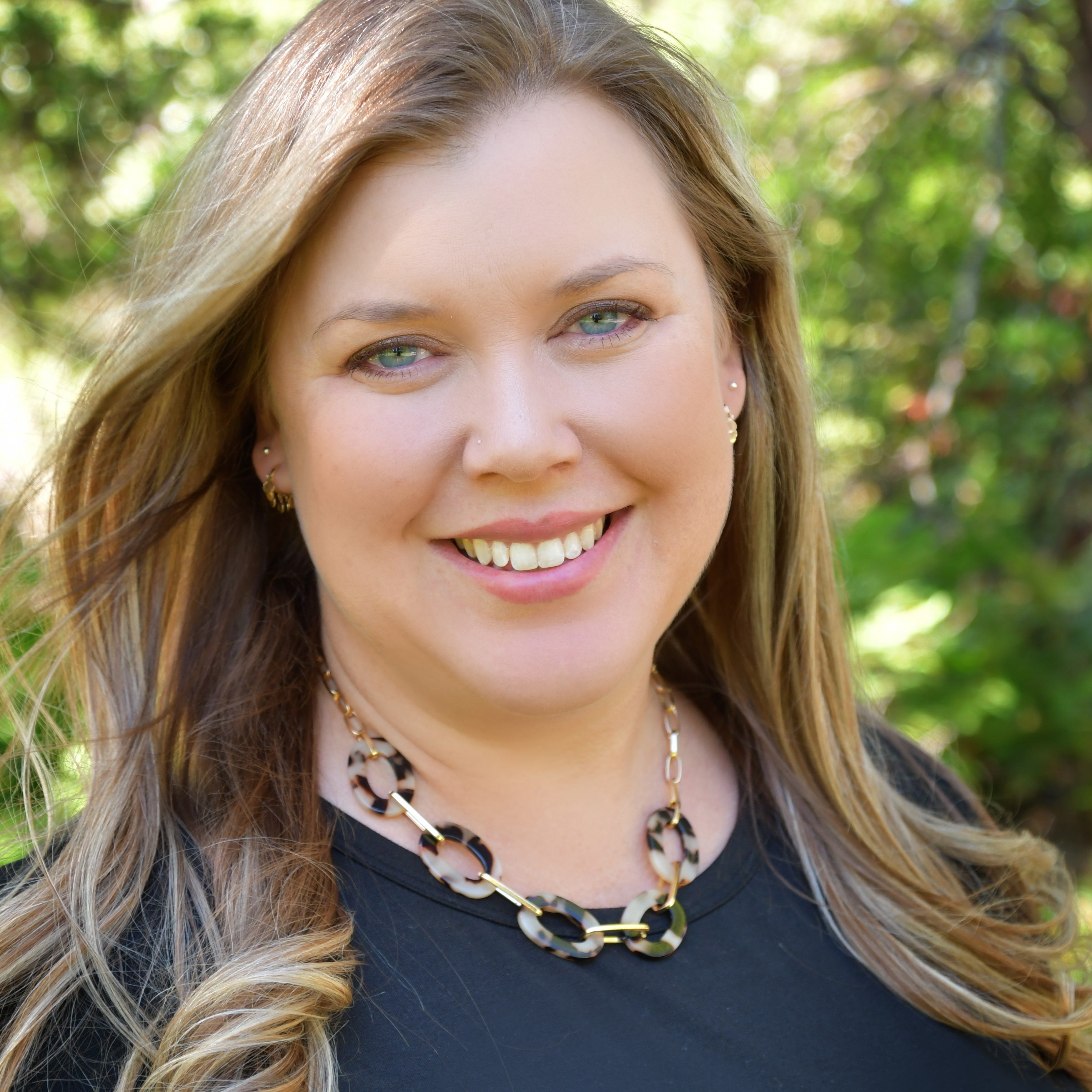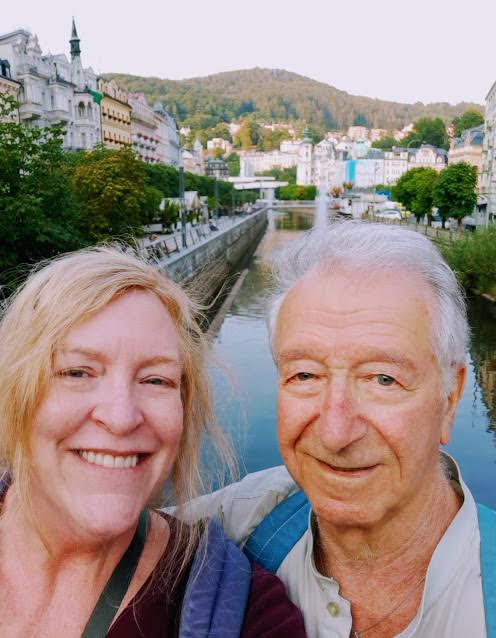Mount Shasta native pens book about Holocaust survivor
 Skye Kinkade
Skye KinkadeAfter the devastating loss of her brother to suicide, a former Siskiyou County resident who now lives in Israel penned a non-fiction book about a holocaust survivor – a project that restored meaning to her life.

Julie Gray, 56, is the author of “The True Adventures of Gidon Lev: Rascal. Holocaust Survivor. Optimist,” recently released on Amazon. It tells the story of Gidon Lev – one of fewer than 100 children who survived the Theresienstadt Nazi concentration camp. To put this into perspective, 15,000 Jewish children were in or transported through the camp, near Prague.

“The Holocaust seems like it was a million years ago but in the scope of human history, it was only last week,” said Gray, a 1982 Mount Shasta High School graduate. “We have to be vigilant about intolerance, violence, stereotypes, racism, antisemitism, and hatred.”
Gray pointed out that the number of eye witnesses to the Holocaust is dwindling every day.
“Soon, nobody will be left to share their stories and that will be a sad day indeed,” she said. “I felt that I had to write this book as my way of bearing witness ... for all those who have suffered who are voiceless.”
From Siskiyou to Israel
In 2010, Gray’s brother Peter Batchelder committed suicide. Peter had been struggling with depression, Gray said, “and the resultant loss of his job when his employer would not or could not give him medical leave to get help made a bad situation worse.”
She pointed to Siskiyou County’s high rate of suicide, which is on the rise. As a rural county, Siskiyou has fewer mental health resources to fall back on, and there is a stigma surrounding mental illness.
“My brother fell through cracks that shouldn’t be there in the first place,” said Gray. “I often think of others who live in rural areas who struggle with anxiety, depression, unemployment, and even opioid addiction who don’t get the help they need because of a potent mixture of shame, stigma, and underfunded social services.”
On the heels of her loss in 2012, Gray – who had converted to Judiasm when she married her now-ex husband – thought going to live in Israel for a couple of years would give her some time and space to heal.
“I had visited Israel before and I really loved it there,” she said. “It turns out that you can’t outrun grief – but I found myself loving life in Israel despite of that.”
Gray said she was struck by Israel’s olive orchards, golden hills and Mediterranean landscape. “I love the fresh, delicious food – I even love the heat! It’s like Redding hot around here,” she said.
While she was happy, Gray said she was still trying to restore a sense of meaning in her life. That’s when she met Gidon, an elderly man in search of an editor.
“He explained he was a Holocaust survivor and he wanted his story told,” said Gray.
At his age – Gidon was 82 when Gray met him – he didn’t have the ability to get a book out on his own, she explained. “He’d written a lot about his life in journals, but he wasn’t a writer and he wasn’t an editor, so he really needed help.”
Then Gray found out that Gidon’s birth name had been Peter – the same as her brother.
“It seemed the universe was trying to tell me something,” she said.
From Prague to Mount Shasta
The two formed a fast friendship. As research for the book, Gray and Gidon traveled together to Prague and to Carlsbad (or Karlovy Vary in Czech), where Gidon was born.
“I was amazed – Carlsbad looks so much like the Mt. Shasta area,” said Gray. “With the rivers and dark green forests, I felt right at home.”

Together they visited Theresienstadt, where Gidon was imprisoned between the ages of 6 and 10. He lost 26 family members at Buchenwald, Treblinka, Auschwitz and some smaller, lesser-known camps. Only Gidon and his mother survived.

On a happier trip in early 2019, Gidon visited Mount Shasta to see where Gray grew up.
He too was amazed by how much the area resembles the western part of the Czech Republic, Gray said.
While Gidon loved Mount Shasta, they did have one “distressing exchange” with a man working at a local gas station.
“I’ll never forget it because it was so casual and yet so awful,” she said. “Gidon’s credit card wouldn’t work because it’s an Israeli credit card, so I paid cash. When I explained that we lived in Israel, the guy said ‘Oh I thought Jews paid for everything with gold.’”
Gray said even if the cashier had been joking, it was a “stunning moment.”
“(It was) embarrassing for me, since (Mount Shasta’s) my hometown, and shocking for Gidon because this was America in the 21st century,” said Gray.
Part of a living history
Gray said her book is about Gidon’s life but there is also a lot of backstory and context – not just about the Holocaust but about the beginnings of Israel and the way life is there today.
“Gidon spent a few years in Canada after he was liberated but he came to Israel in 1959 ... He is a part of the living history of Israel in the 20th century,” said Gray. “He fought in the Six-Day War, he lived on a kibbutz, the whole nine yards.”

His life spans the horrors of the Holocaust, the beginnings of a fledgling country, two marriages, six children, and a late-in-life romance, according to the book’s description on Amazon. It “offers a primer on Jewish and Israeli history, insights into the culture of the modern state of Israel, and the inspiration to carry on after hardship and loss.”
Gray said she would give anything to have her brother back. “But that is just not possible, so I have to appreciate where my path did take me ... which was the Middle East, of all places, and then to meet Gidon Lev and be able to share his story.
“I don’t know if things happen for a reason but I do believe that we can choose to make the best of the life that we are given and do try to good in this world,” Gray said.
Gray has published articles in The Huffington Post and other publications. She was also a story analyst in Hollywood for about a decade. Later, she became an editor of fiction and creative nonfiction, which is what she does today.
Because her brother isn’t around to talk about his struggle with depression and mental illness, Gray said she might write that story next.
“I feel as if everything I do now, I do for Pete. I know he would have loved Gidon to pieces.”
